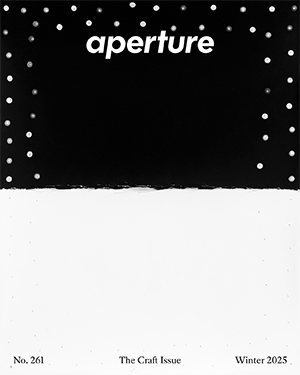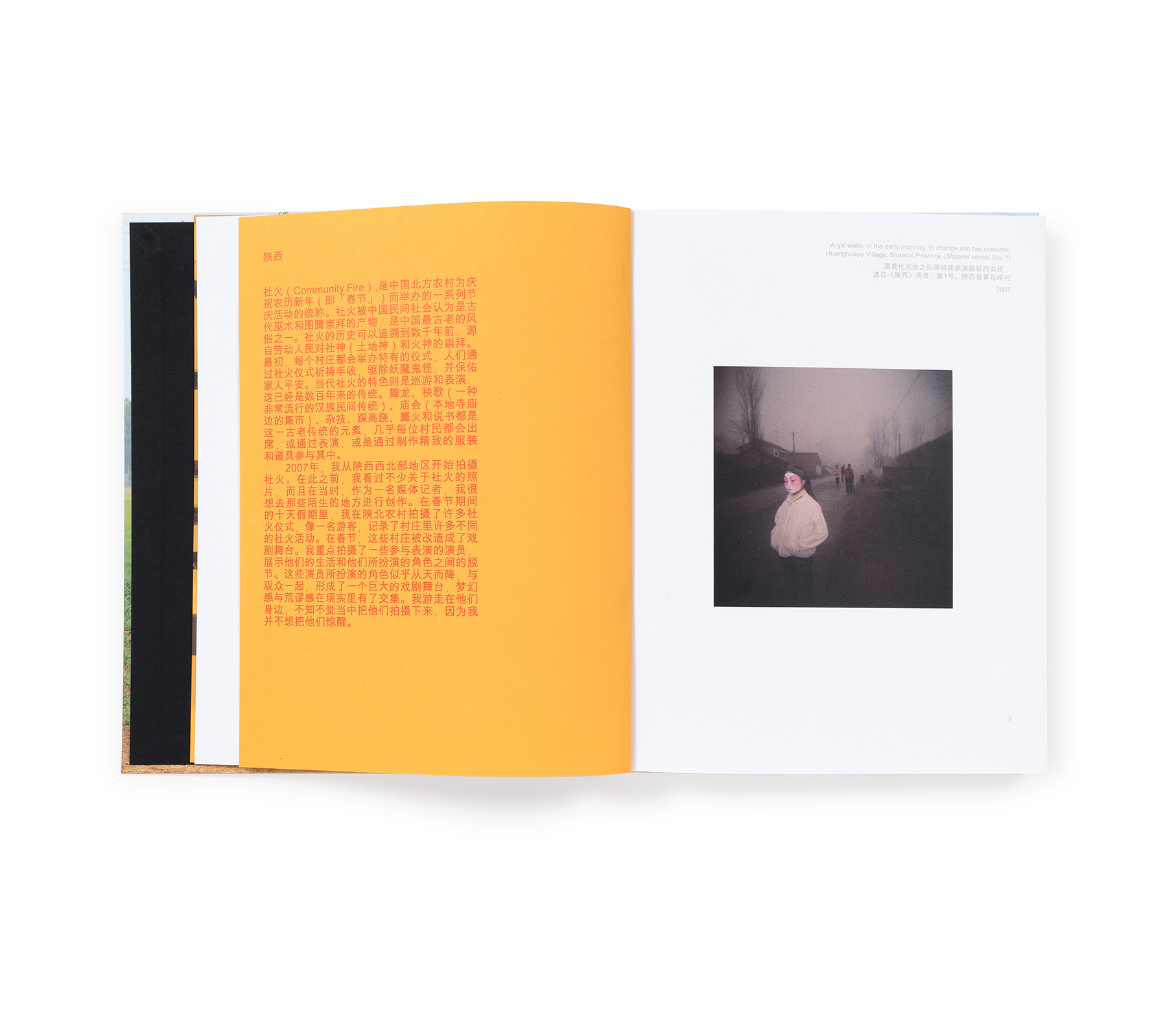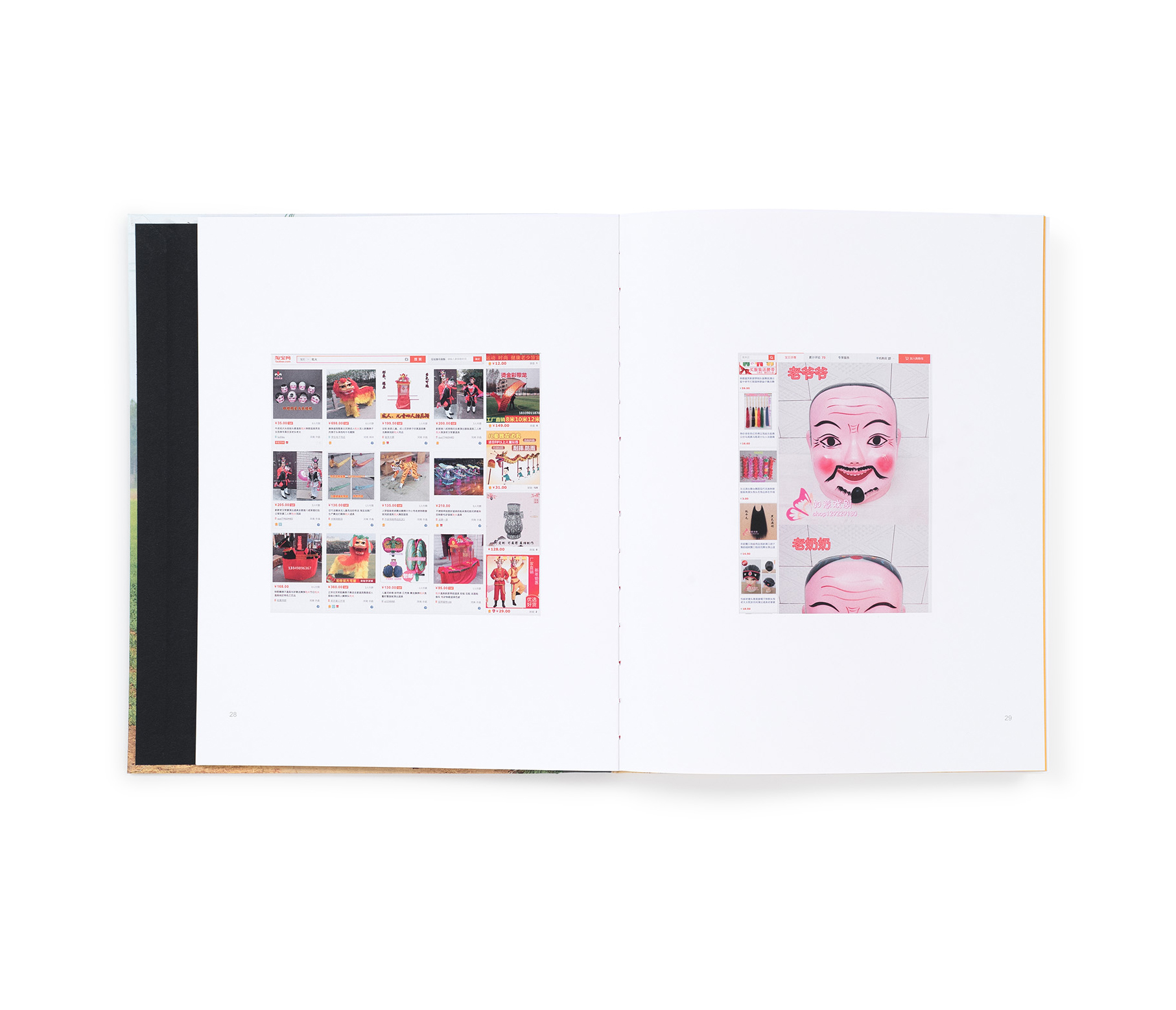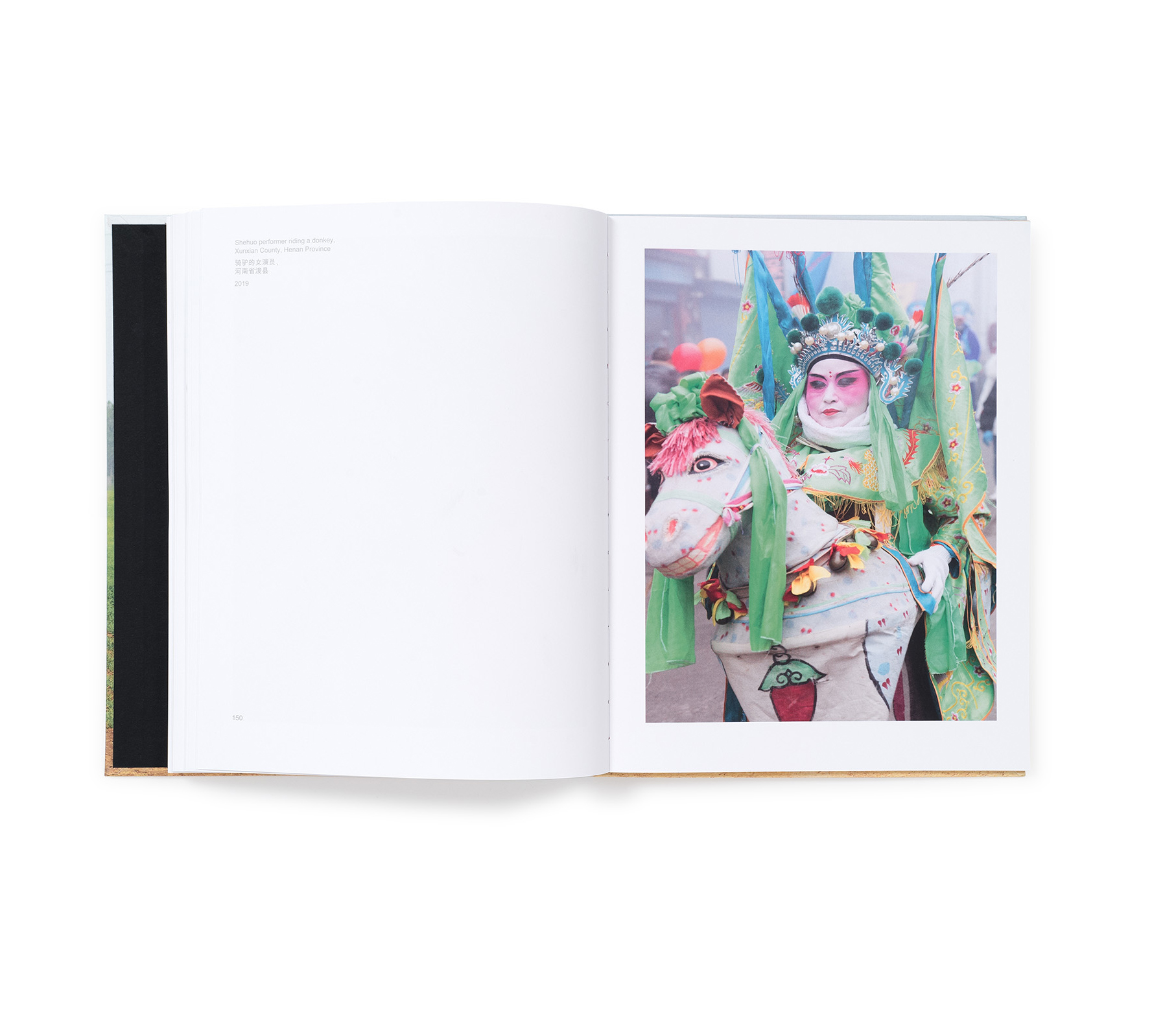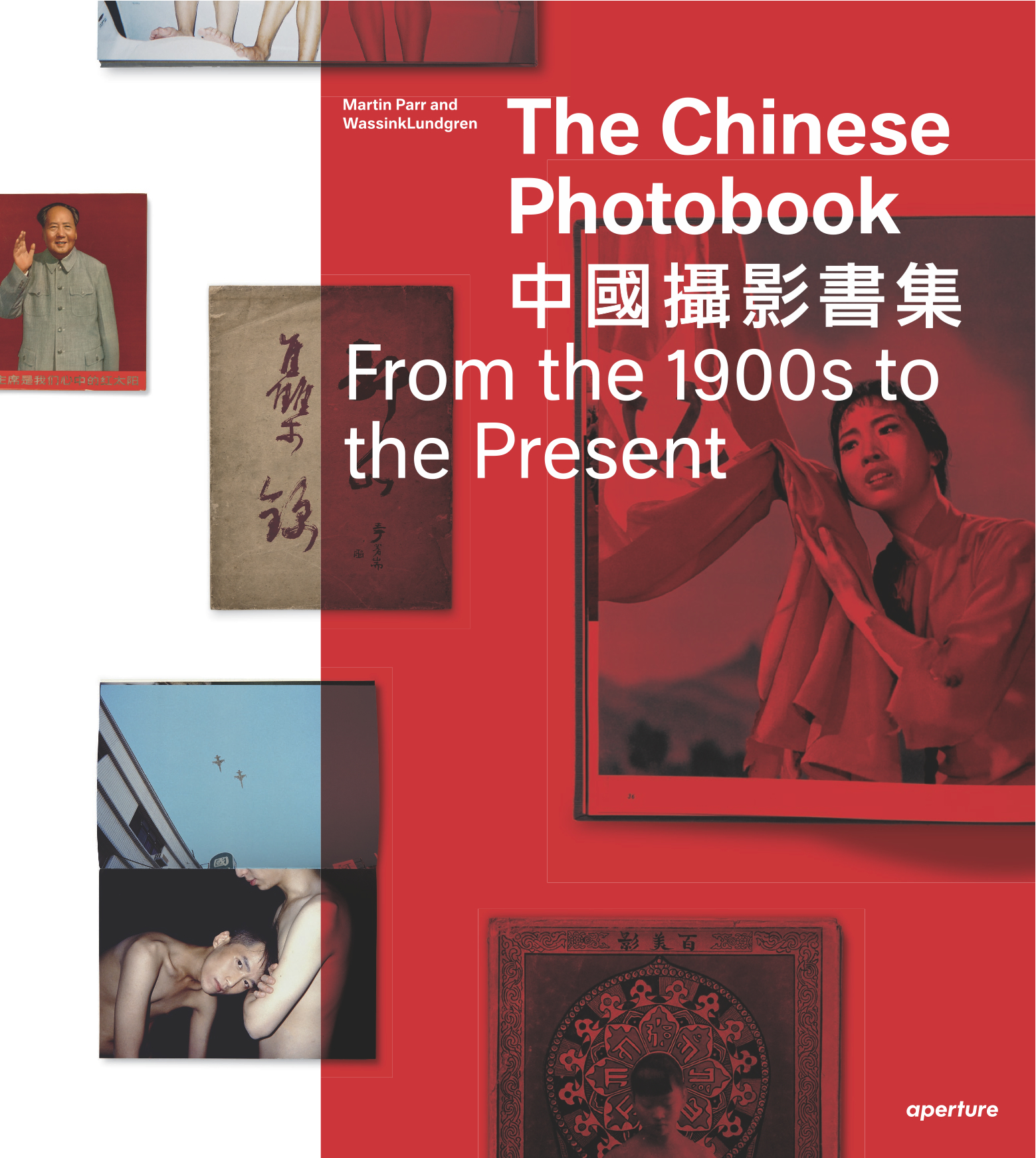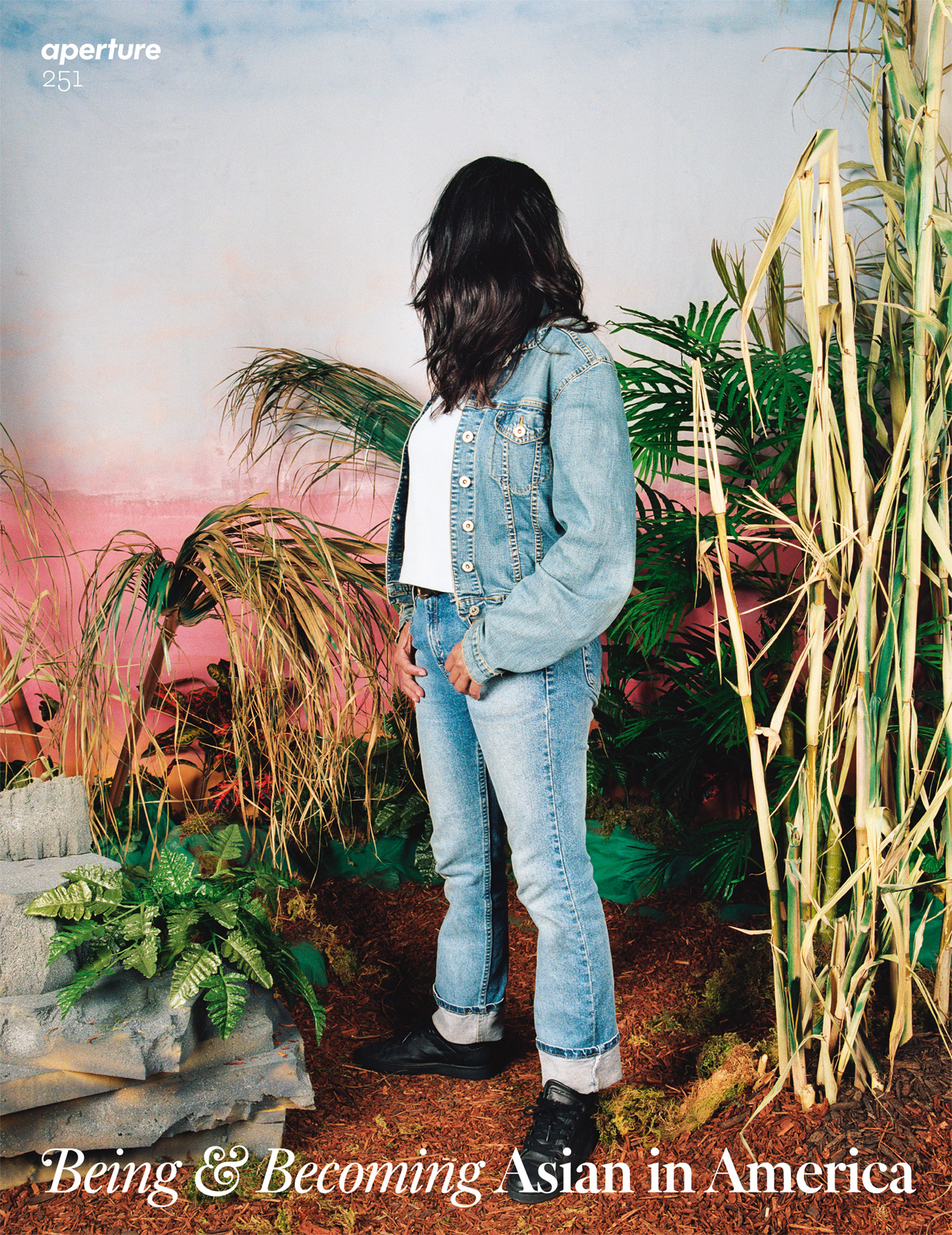Zhang Xiao: Community Fire
$65.00
In stock
In his project Community Fire, the photographer Zhang Xiao takes a local, hometown look at Shehuo (社火), a Chinese Spring Festival tradition celebrated in rural Northern Chinese communities that includes temple fairs, dragon dances, and storytelling.
Shehuo— literally, “community fire”—is devoted to the worship of land and fire, and boasts a history of many thousands of years. During the festival, people hold ceremonies, pray for the next year’s good harvest, and confer blessings of peace and safety on all family members. However, what was once a heterogeneous cultural tradition with myriad regional variations has largely become a tourist-facing, consumption-oriented enterprise. In the early 2000s, Shehuo received an “intangible cultural heritage” designation from the People’s Republic of China, resulting in increased funding in exchange for greater government involvement. While altering the practitioners’ relation to Shehuo, this change expresses itself most visually in the way costumes and props have been replaced with newer, cheaper products from online shopping websites.
Zhang’s colorful and fantastical photographs capture how these mass-produced substitutions have transformed the practice of Shehuo. Community Fire—with essays in English and Chinese—is a dynamic visual exploration of one of China’s oldest traditions.
Copublished by Aperture and Peabody Museum Press
Format: Hardback
Number of pages: 192
Number of images: 150
Publication date: 2023-08-08
Measurements: 7.1 x 9.25 x 0.9 inches
ISBN: 9781597115452
Zhang Xiao (born in Yantai city, Shandong Province, China, 1981) graduated from the department of architecture and design at Yantai University in 2005. He was a photojournalist for Chongqing Morning Post from 2005 to 2009. He won the Prix HSBC pour la Photographie in 2011, the Three Shadows Photography Award in 2010, and the Hou Dengke Photography Award in 2009. Zhang has participated in several solo and group exhibitions, including at the Ullens Center for Contemporary Art, Beijing; Fotostiftung Schweiz, Winterthur, Switzerland; Lianzhou Photography Museum, Guangdong Province, China; Shanghai Center of Photography; Musée du Quai Branly, Paris; and A4 Art Museum in Chengdu City, Sichuan Province. His books include Shanxi (2013), Coastline (2014), They (2014), The River (2017) and A Hometown (2021). Zhang currently lives and works in Chengdu. He is the 2018 winner of the Robert Gardner Fellowship in Photography from the Peabody Museum of Archaeology and Ethnology at Harvard University.
Ou Ning (born in Suixi, Guangdong province, China, 1969) is the director of the documentaries San Yuan Li (2003) and Meishi Street (2006). He was chief curator of the Shenzhen and Hong Kong Bi-city Biennale of Urbanism/Architecture (2009); jury member of 8th Benesse Prize at the 53rd Venice Biennale (2009); member of the Asian Art Council at the Guggenheim, New York (2011); founding chief editor of the literary journal Chutzpah! (2010–2014); founder of the Bishan Project (2011–2016); visiting professor at Columbia University Graduate School of Architecture, Planning, and Preservation (2016–2017); and senior research fellow of the Center for Arts, Design, and Social Research, Boston (2019–2022). His most recent book is Utopia in Practice: Bishan Project and Rural Reconstruction (2020).
Ilisa Barbash is curator of visual anthropology at Harvard University’s Peabody Museum of Archaeology and Ethnology. She is codirector of the films In and Out of Africa (1992) and Sweetgrass (2009). Barbash is the author of Where the Roads All End: Photography and Anthropology in the Kalahari (2016), which was awarded the John Collier Jr. Award for Still Photography.
